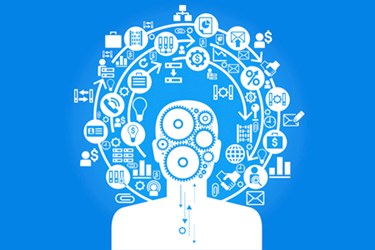Why Market Leaders Are Turning To Machine Learning

By Christine Kern, contributing writer

As the Internet of Things explodes, so do opportunities for machine learning.
The machine learning arm of market leaders is getting stronger as they bolster technology to enhance efficiency and the customer experience. For example, look to some of the biggest names in tech —Twitter is acquiring Magic Pony Technology, Google has set up a Machine Learning Centre, and Watson is IBM’s sidekick.
A Siemens study predicted the global market for smart devices will increase 20 percent annually over the next eight years. The boom is driving a need for tech pros with artificial intelligence and machine learning experience in both startup and established-company spaces. So what is machine learning?
According to an ARC Advisory Group strategic report, “Three things make machine learning different than predictive analytics. Machine learning applications are self-modifying, highly automated, and embedded. That is, machine learning algorithms are designed to continuously adapt and improve their performance with minimal human intervention. Machine learning algorithms are also embedded within a process or workflow. That is, they become seamlessly integrated into the process to the point where they are invisible to the user or operator. Machine learning algorithms are in their element solving problems that are too difficult or complicated for human programmers to code.”
There’s a trend establishing itself within the marketing tech landscape as more and more resources are being dedicated to increasing the machine learning real estate for companies across the board. And it’s no surprise given its ability to empower brands to go beyond human intelligence through technology that continually adapts and evolves as it’s exposed to new data, helping to keep companies one step ahead of competitors by staying top of mind with consumers.
For example, IBM and Cisco have partnered to transform the way people work. The collaboration will create a suite of cloud-based workplace tools and applications infused with IBM Watson, making collaboration simpler.
The successful application of machine learning is dependent on lots of data, and with the rise of the Internet of Things, we now have access to more data than ever before. This will in turn usher in a raft of new machine learning applications and opportunities.
